Are the US and Taliban about to end two decades of war?
Washington has agreed a seven-day reduction of violence with the Taliban that could begin the end of the nearly 19-year war

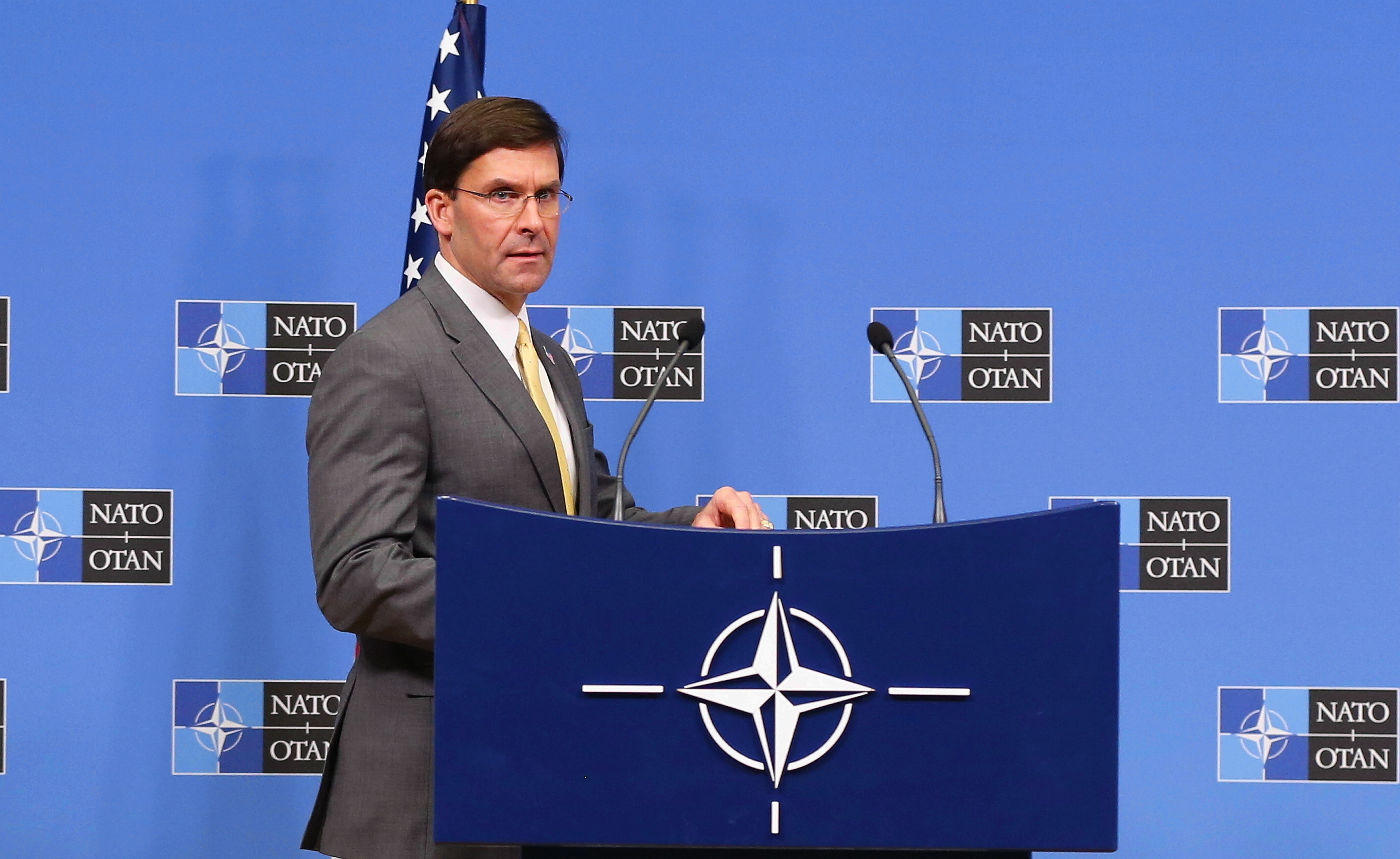
A free daily email with the biggest news stories of the day – and the best features from TheWeek.com
You are now subscribed
Your newsletter sign-up was successful
The US and the Taliban have agreed a seven-day reduction in violence that, if it holds, could be a prelude to a full peace treaty that would bring the longest war in America’s history to an end.
The week-long lull is not a strict ceasefire, instead being limited to a hiatus on attacking certain targets like major population centres and transport links, and represents a breakthrough after more than a year of what Al Jazeera calls “gruelling talks” that have involved not just Washington and the Taliban, but the Afghan government too.
Its announcement will come as a relief to those who want the US out of Afghanistan, particularly after President Donald Trump declared talks “dead” in September - a proclamation that was likely intended to dial up the pressure on Taliban negotiators.
The Week
Escape your echo chamber. Get the facts behind the news, plus analysis from multiple perspectives.

Sign up for The Week's Free Newsletters
From our morning news briefing to a weekly Good News Newsletter, get the best of The Week delivered directly to your inbox.
From our morning news briefing to a weekly Good News Newsletter, get the best of The Week delivered directly to your inbox.
The seven-day timeframe is seen by both sides as a sort of test, both of good faith, and of control: it is little good signing a peace deal with the Taliban if they lack the power to restrain the disparate militias they theoretically command.
If both sides are happy with the outcome then a deal could be signed to officially end almost two decades of perpetual hostilities in Afghanistan between the US and the Taliban, as well as between the Taliban and the government in Kabul.
While it hasn’t been clarified exactly when the seven-day period will begin, it is thought a deal could follow swiftly afterwards that would begin the complete withdrawal of the roughly 13,000 American troops still in the country.
Will it end the war?
A free daily email with the biggest news stories of the day – and the best features from TheWeek.com
Trump campaigned saying he would bring troops back home from “endless” wars, but, as yet, this promise has failed to materialise. A formal agreement with the Taliban followed by a phased but complete troop withdrawal would be a major step towards fulfilling his pledge, conveniently timed as the US prepares for presidential elections in November.
The New York Times gives some details on the complexity of ending the conflict. “If the sides do succeed in observing a period of reduced hostilities, the next steps of the deal will fall into place,” it reports. “First a formal signing between the United States and the Taliban that rolls out a schedule for gradual withdrawal of the remaining American troops, and then the start of negotiations between the Taliban and Afghan leaders over the political future of the country.”
–––––––––––––––––––––––––––––––For a round-up of the most important stories from around the world - and a concise, refreshing and balanced take on the week’s news agenda - try The Week magazine. Get your first six issues free–––––––––––––––––––––––––––––––
On Thursday, US Secretary of State Mike Pompeo said Trump had given his approval for the process to move forward.
“We hope we can get to a place where we can get a significant reduction in violence not only on a piece of paper but demonstrated - the capability to actually deliver,” he said. “If we can get there, if we can hold that posture for a while, then we’ll be able to begin the real, serious discussion which is all the Afghans sitting at a table, finding a true, reconciliation path forward.”
Nevertheless, says The Telegraph, “Western officials warned they remained ‘anxious’ and ‘tentative’ about how the truce would unfold and warned that talks among the Afghan government and Taliban would be difficult and lengthy.”
America's longest war
It has been more than eighteen years since the US and its allies invaded Afghanistan in response to the September 11 attacks in New York and Washington that left 2,977 people dead.
The war was intended to topple the Taliban government, which the US accused of harbouring Al Qaeda terrorists. The initial objective was achieved, but the war devolved into a complex and draining counter-insurgency operation as the US, UK and Nato attempted to prop up the dysfunctional government in Kabul.
The conflict has cost the US more than $2 trillion, but failed in the end to eliminate the Taliban as a military and political force. The group was almost snuffed out by the US presence, only to reemerge in 2014 after Barack Obama began to reduce the US presence in the country.
The Taliban has become stronger since then, and as recently as last month, CNN reports, “the special inspector general for Afghanistan reconstruction assessed that there had been a record-high number of attacks carried out by the Taliban and other anti-government forces during the last three months of 2019.”
The proposed US-Taliban pact faces the daunting task of sharply reversing this trajectory of violence.
William Gritten is a London-born, New York-based strategist and writer focusing on politics and international affairs.
-
 ‘Restaurateurs have become millionaires’
‘Restaurateurs have become millionaires’Instant Opinion Opinion, comment and editorials of the day
-
 Earth is rapidly approaching a ‘hothouse’ trajectory of warming
Earth is rapidly approaching a ‘hothouse’ trajectory of warmingThe explainer It may become impossible to fix
-
 Health insurance: Premiums soar as ACA subsidies end
Health insurance: Premiums soar as ACA subsidies endFeature 1.4 million people have dropped coverage
-
 Operation Rubific: the government's secret Afghan relocation scheme
Operation Rubific: the government's secret Afghan relocation schemeThe Explainer Massive data leak a 'national embarrassment' that has ended up costing taxpayer billions
-
 The Taliban’s ‘unprecedented’ crackdown on opium poppy crops in Afghanistan
The Taliban’s ‘unprecedented’ crackdown on opium poppy crops in Afghanistanfeature Cultivation in former poppy-growing heartland Helmand has been slashed from 120,000 hectares to less than 1,000
-
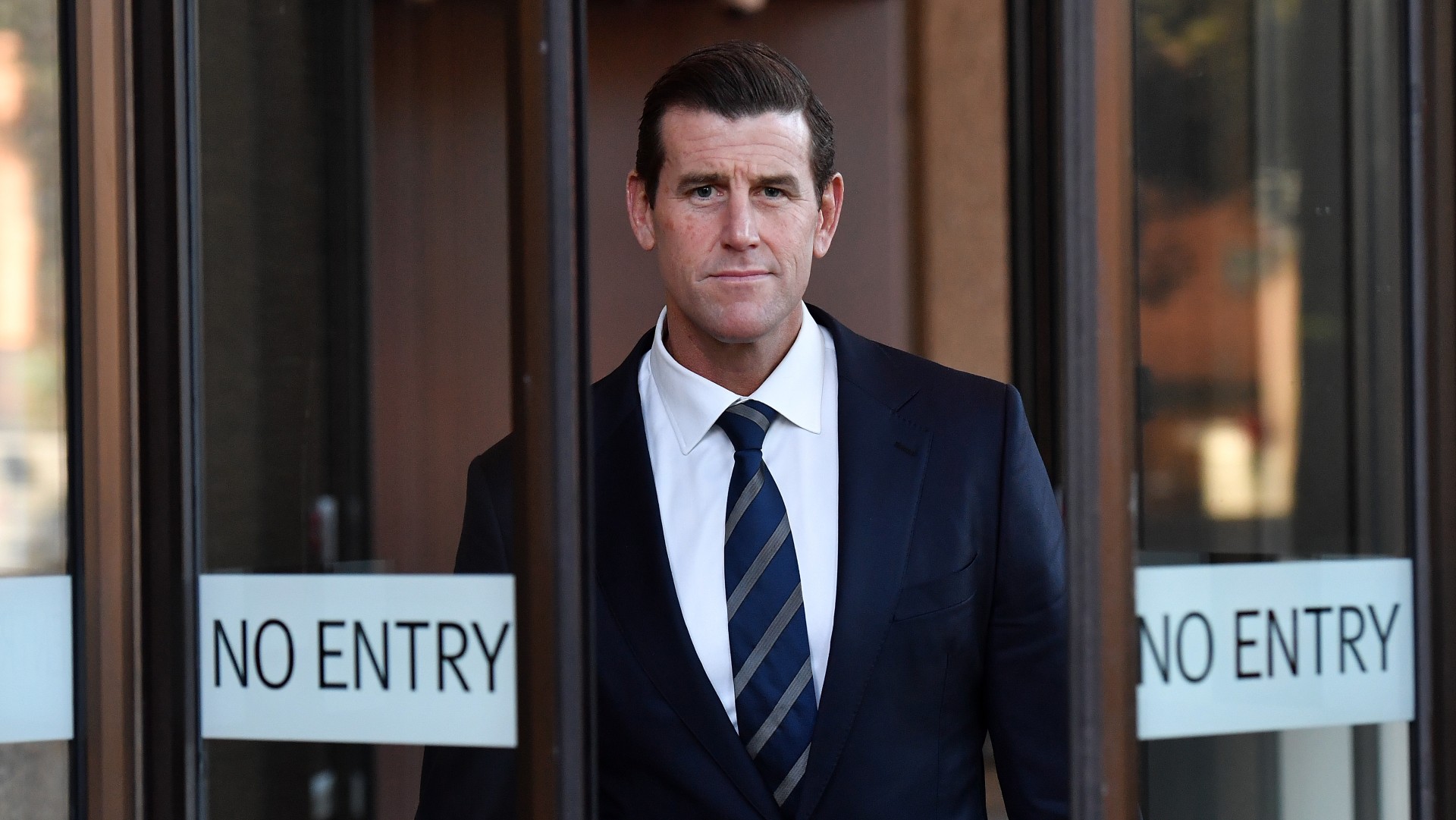 Ben Roberts-Smith: will more Afghanistan war crimes trials follow?
Ben Roberts-Smith: will more Afghanistan war crimes trials follow?Today's Big Question Former SAS soldier lost defamation case against Australian newspapers that accused him of murder
-
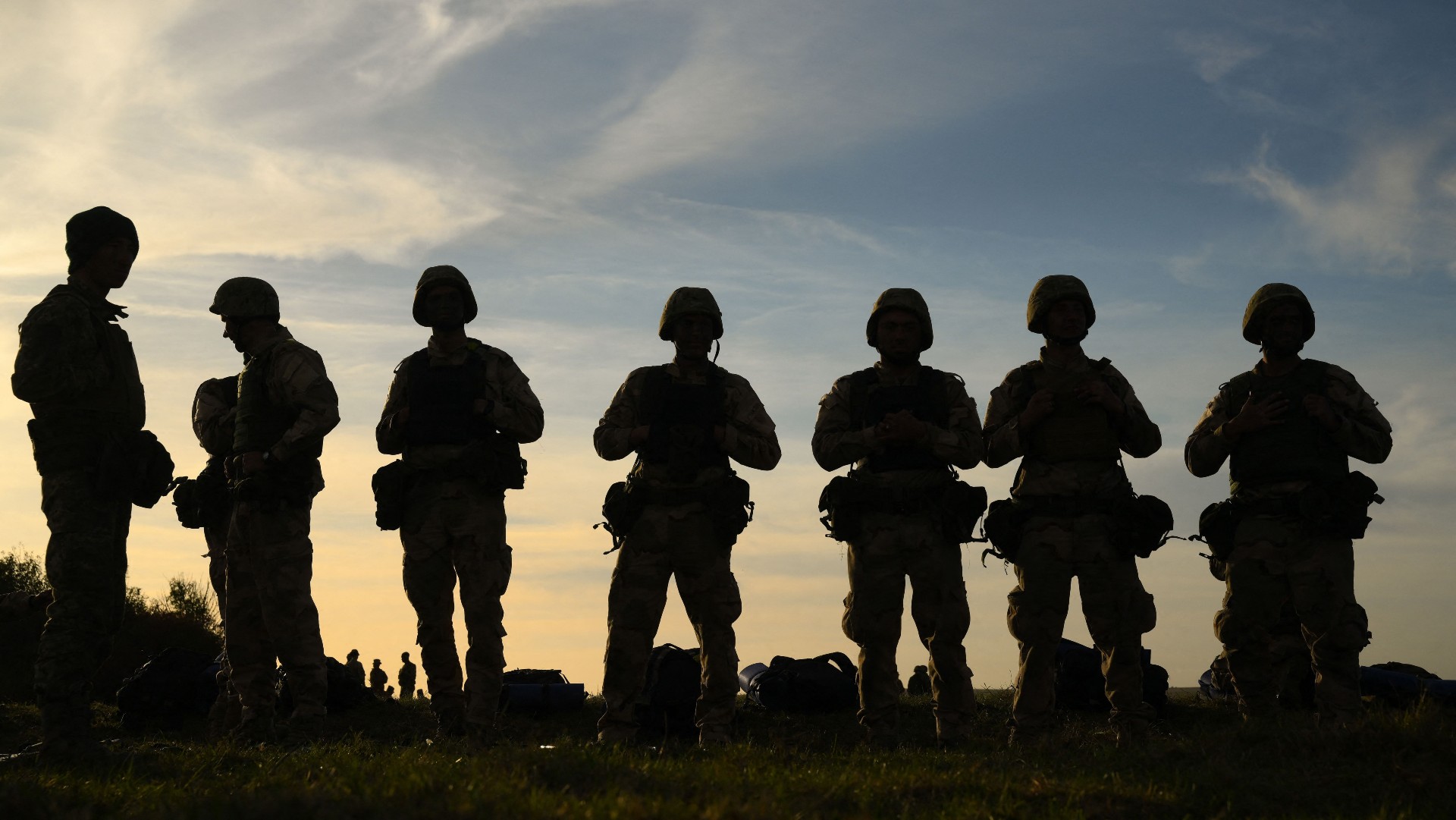 Can the UK rely on the British Army to defend itself?
Can the UK rely on the British Army to defend itself?Today's Big Question Armed forces in ‘dire state’ and no longer regarded as top-level fighting force, US general warns
-
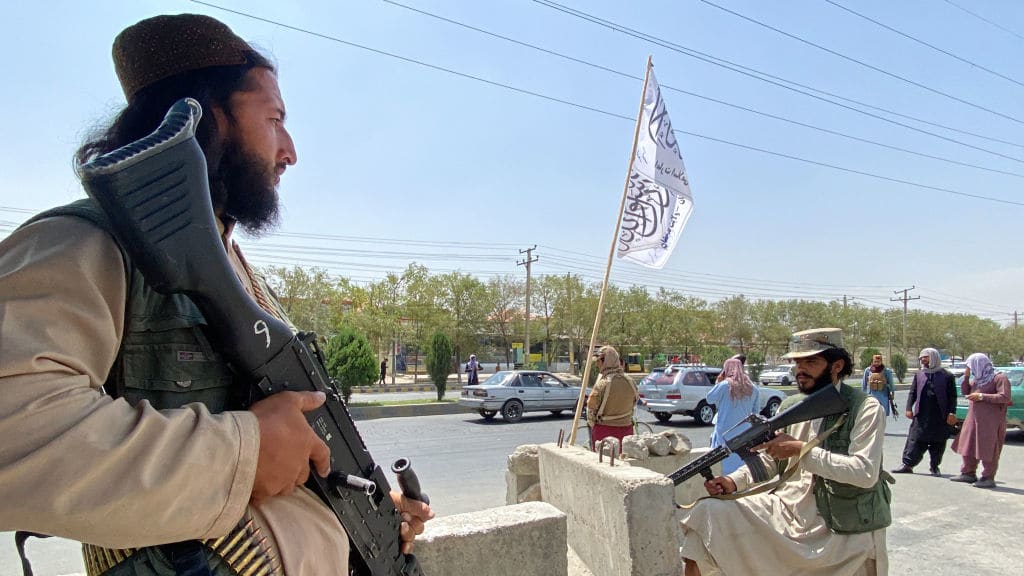 Taliban releases 2 Americans held in Afghanistan
Taliban releases 2 Americans held in AfghanistanSpeed Read
-
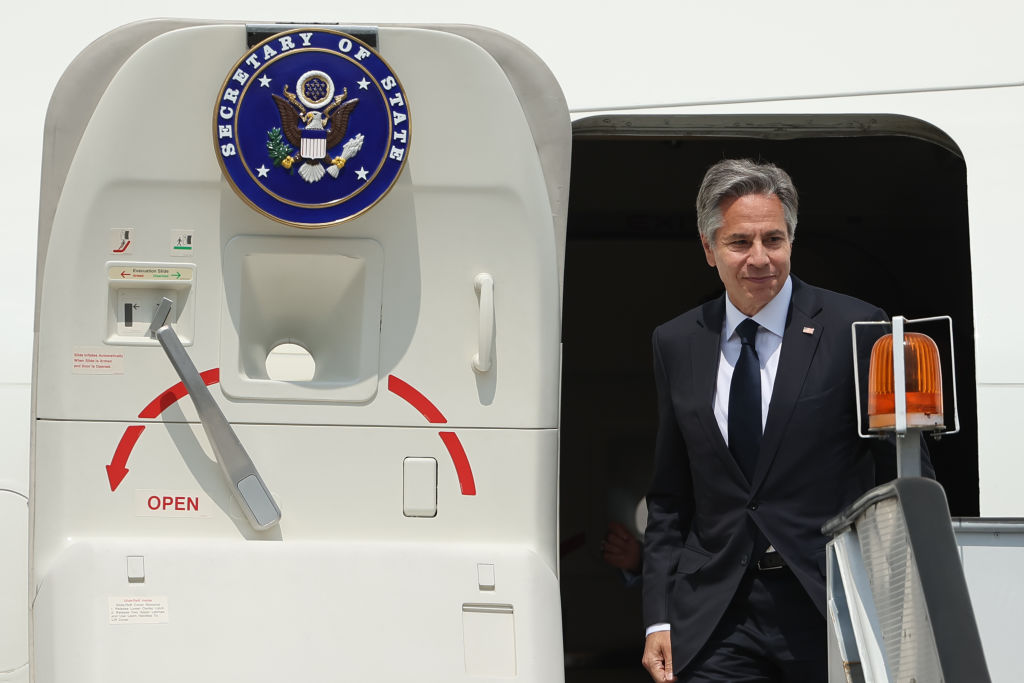 American detained in Afghanistan for over 2 years released in prisoner exchange
American detained in Afghanistan for over 2 years released in prisoner exchangeSpeed Read
-
 Afghanistan: A year after the withdrawal
Afghanistan: A year after the withdrawalopinion What did the U.S. leave behind when it pulled out of Afghanistan?
-
 Prominent cleric who supported female education killed in Afghanistan bombing
Prominent cleric who supported female education killed in Afghanistan bombingSpeed Read
